25 TV Characters Everyone Loved to Hate
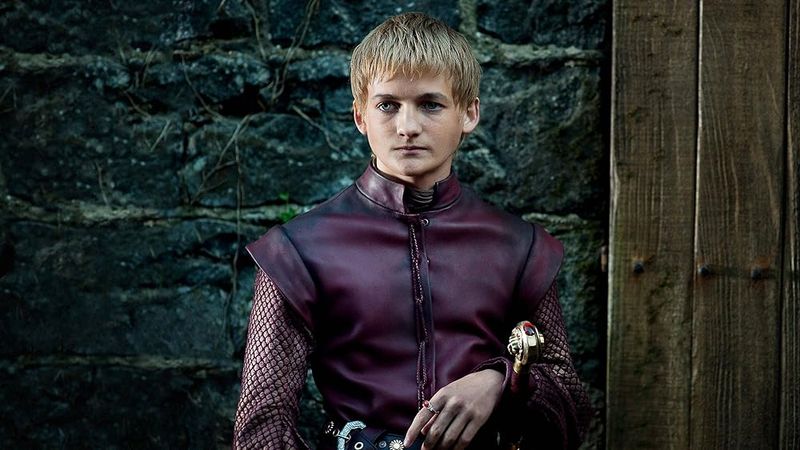
Admit it: some TV nights are better when a deliciously detestable character crashes the party. These troublemakers, tyrants, and chaos agents made us boo, hiss, and then press “next episode” anyway. They’re the ones we love to text about and quote at wildly inappropriate moments. Ready to revisit the faces that launched a thousand eye-rolls—and kept us glued to the screen?
1. J.R. Ewing (Dallas)
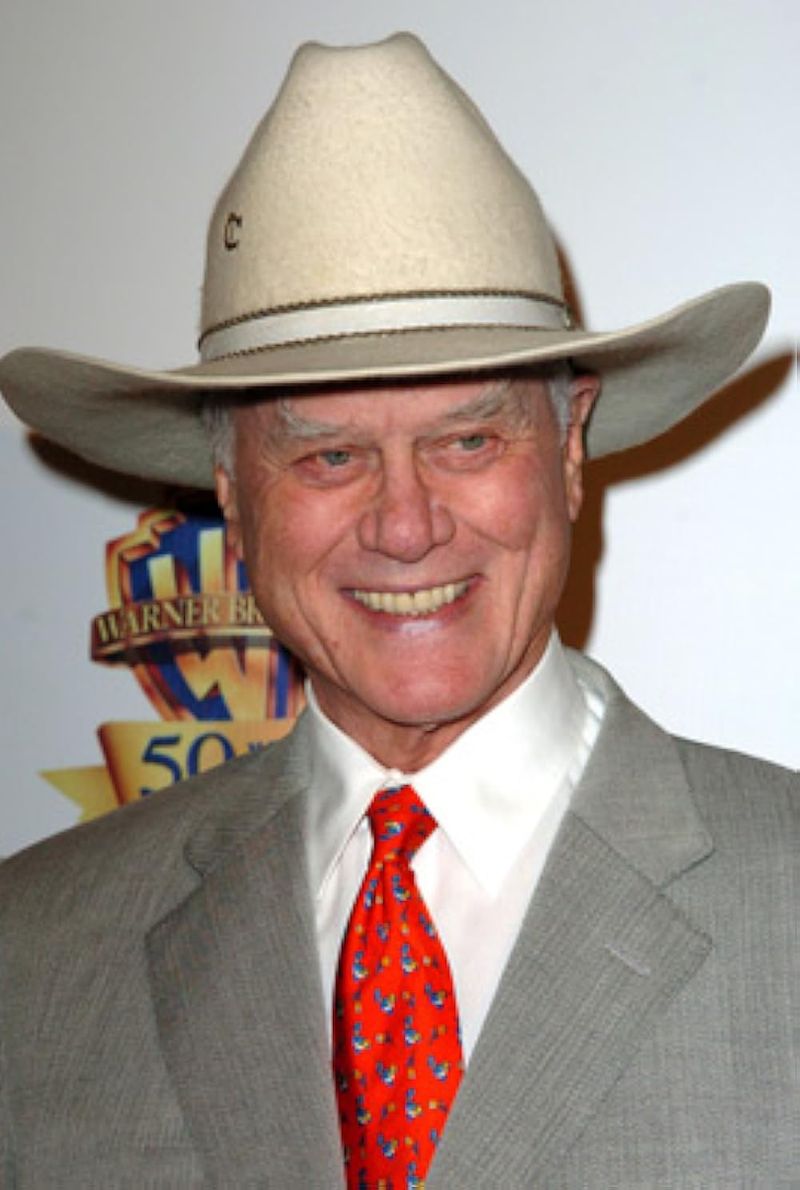
Oil, ambition, and a smile sharp enough to cut a contract—J.R. could turn family dinner into a corporate coup. He manipulated rivals with a handshake that felt like a trap door, and his charm wore the same cologne as betrayal. Yet somehow, every scheme made him more hypnotic, as if villainy were a Texan art form.
Viewers tuned in for schadenfreude and stayed for the boardroom bloodsport. The “Who shot J.R.?” phenomenon wasn’t just a cliffhanger; it was a cultural campfire. He weaponized loyalty, converting relatives into pawns with chilling efficiency.
Still, the swagger was irresistible, the hat a crown of televised infamy. J.R. embodied the moral gray of American success, glinting like oil on water. You hated him, then envied him, then hated yourself for envying him. Television rarely forged a villain so fun.
2. Nellie Oleson (Little House on the Prairie)
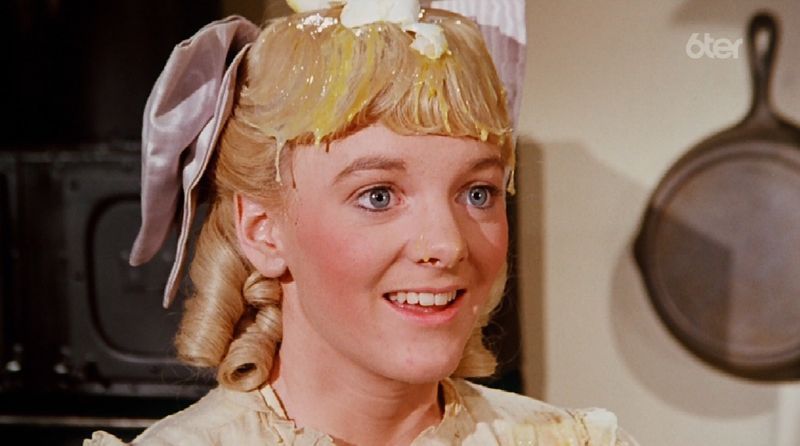
Sugar curls and sour intentions, she could curdle milk with a pout. Nellie turned the mercantile into a stage, performing cruelty like it were a school recital. Her tantrums had range: from operatic shrieks to needlepoint insults stitched with silk.
She wasn’t just a bully; she was a period-piece tyrant in lace. Watching Laura counter her schemes felt like frontier therapy for every kid who met a playground tyrant. Even her comedown moments made audiences savor the taste of karma.
Yet there was a cartoonish charm to her theatrics that softened the sting. The show used Nellie as the contrast that let virtue shine brighter in the prairie sun. She taught young viewers to spot manipulation in bonnets and ribbons. Every eye-roll she earned was worth the lesson.
3. Newman (Seinfeld)
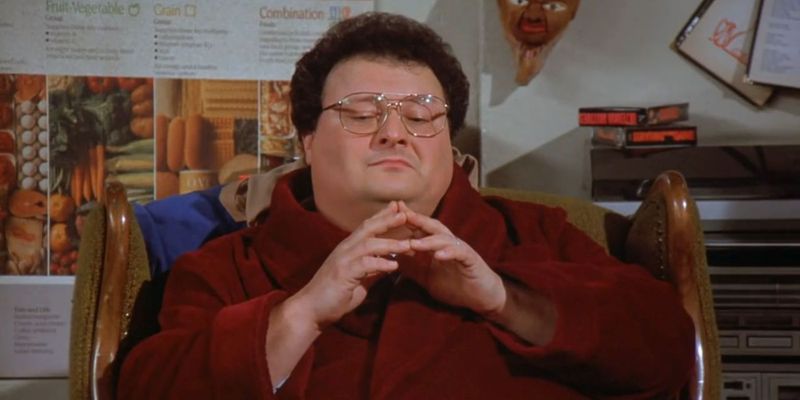
The door swings open and dread arrives in postal blue. With a single, venomous “Hello, Jerry,” Newman turned neighborly visits into theater of petty war. His schemes were small-time but surgically annoying, like a paper cut you keep forgetting until salt finds it.
He thrived in the margins where mail gets lost and grudges get sorted. Every appearance was a comedy thunderclap, weaponizing smugness and snack-based treachery. He played arch-nemesis without ever leaving the apartment complex’s orbit.
Audiences loved the ritual of his entrance—the cadence, the menace, the sitcom ballet. He made mundane bureaucracy feel mythic, like Olympus had a mailroom. In a world of low stakes, he raised the art of indignation. The feud with Jerry remains TV’s pettiest epic.
4. Louise Fletcher as Nurse Ratched (One Flew Over the Cuckoo’s Nest and Ratched)
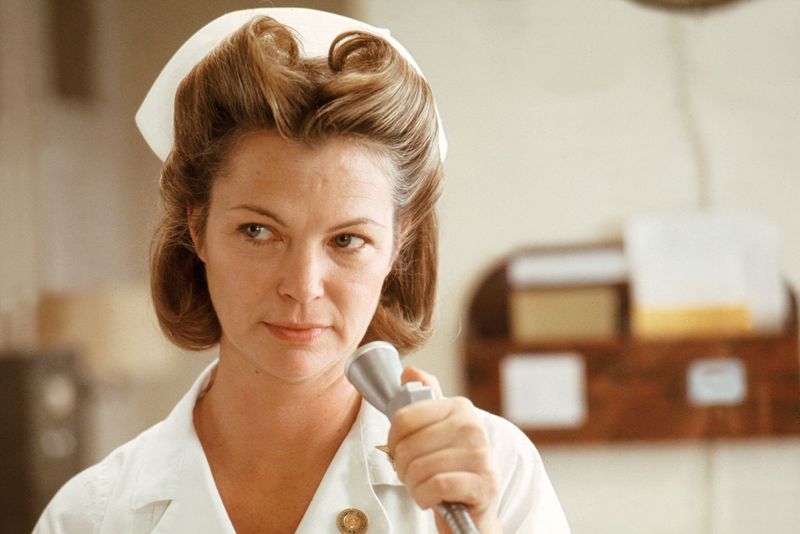
Ice in her gaze, starch in her words, she ruled the ward like a metronome of quiet dread. Authority became anesthesia under her supervision—numbing, controlling, precise. Each smile felt like a lock clicking shut on someone’s freedom.
Louise Fletcher carved a villain whose power was restraint, not rage. The performance weaponized silence, making compliance sound like care. In television’s reimagining, the myth deepened, exposing the machinery behind the mask.
Audiences recoiled even as they studied her—an anatomy lesson in institutional cruelty. She personified systems that suffocate while promising safety, a chilling paradox. The character endures because she feels horrifyingly plausible. We hate her to warn ourselves what obedience can cost.
5. Leland Palmer (Twin Peaks)
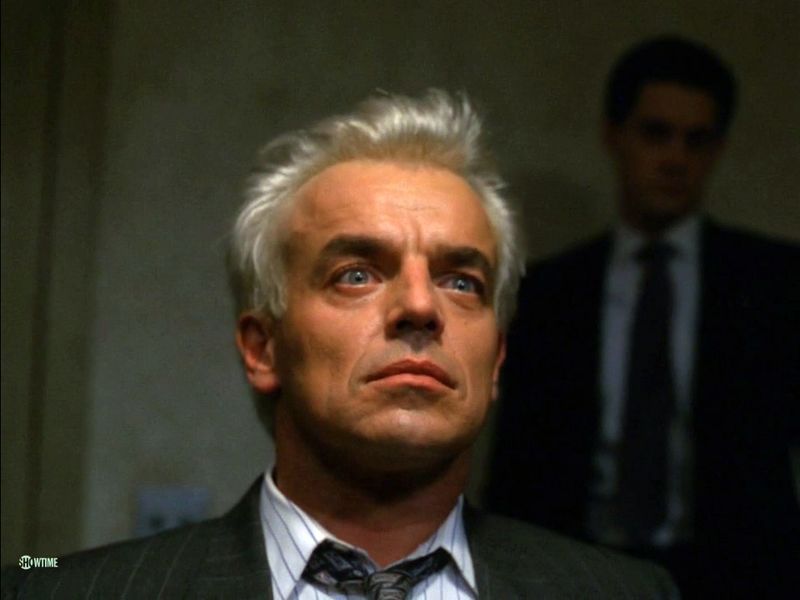
Behind the rehearsed smile lurked a maelstrom of grief and something darker. He danced, he cried, he sang like a broken chandelier scattering light. In a town dripping with secrets, his were operatic, turning fatherhood into a fever dream.
Every scene asked whether tragedy creates monsters or merely unmasks them. The performance teetered between melodrama and horror, an eerie waltz with denial. His home became a stage where innocence and corruption traded costumes.
Viewers felt pity and revulsion braided together like cherry stems. Twin Peaks made his unraveling a map of the show’s haunted psyche. He is both victim and villain, a paradox etched in small-town Americana. You hate what he did; you mourn what he was.
6. Joffrey Baratheon (Game of Thrones)
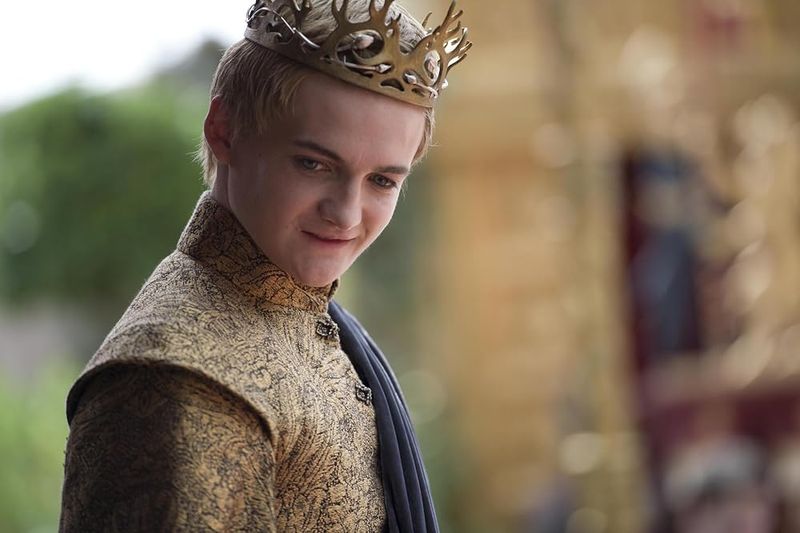
Cruelty in a crown, he wielded power the way children swing sticks—reckless and delighted. The sneer could curdle milk; the orders shattered lives. Every tantrum echoed across kingdoms, sharpening the audience’s collective desire for justice.
He was a masterclass in punchable arrogance, making political intrigue feel like playground tyranny. The show turned viewers into medieval statisticians, calculating exactly how he might fall. His relationships were trophies, his empathy a myth.
When comeuppance finally arrived, it tasted like vintage television catharsis. Yet his reign left scorch marks, proving how fragile civility becomes under a petty god. He’s the villain who taught a generation to distrust boy-kings. Long may he not reign.
7. Cersei Lannister (Game of Thrones)
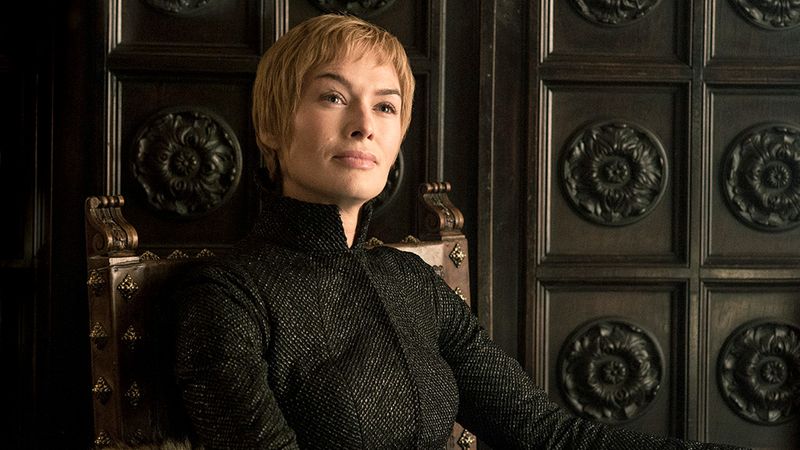
Wine in hand and wildfire in her eyes, she understood power as a language of debts. Maternal love sharpened into a blade that nicked everyone, including herself. Every smirk felt like an opening move you’d already lost.
Her ruthlessness was symphonic—quiet strings of manipulation, then drums of devastation. The walk of atonement humanized her without excusing the ledger of sins. She navigated patriarchy by becoming a storm it couldn’t predict.
Audiences gasped, then applauded, then argued about the applause. She turned survival into spectacle, and spectacle into strategy. When the bells tolled, we recognized a queen forged by cruelty. Loving to hate her felt like fearing your own ambition.
8. Logan Roy (Succession)
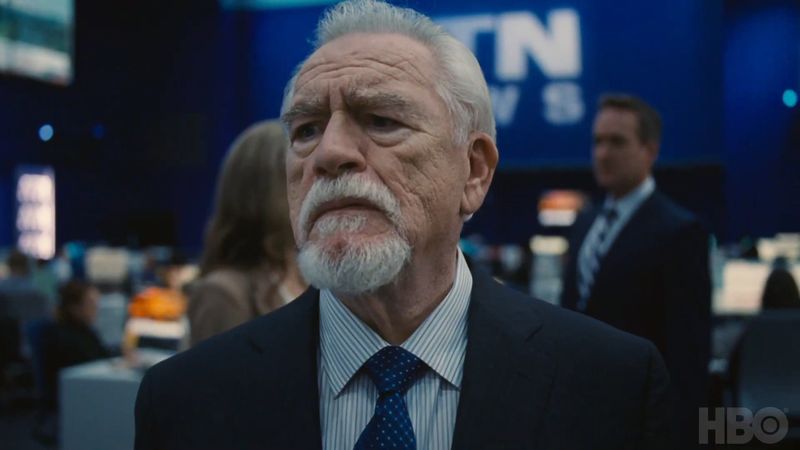
Gravel voice, granite soul, he could flatten a boardroom with a monosyllable. Logan measured affection in mergers and doled out approval like a rare commodity. Family to him was a leverage instrument, valued and depreciated on cue.
Watching his children orbit that cold sun felt tragic and hilarious. Every insult became scripture in the toxic gospel of Waystar Royco. He taught modern audiences how capitalism can sound like fatherhood and vice versa.
Even at his worst, the competence seduced—ruthlessness wrapped in results. Viewers loathed the damage yet admired the momentum. He’s the patriarch as hurricane, naming each landfall after a child. Love was the only deal he never closed.
9. Janice Litman Goralnik (Friends)
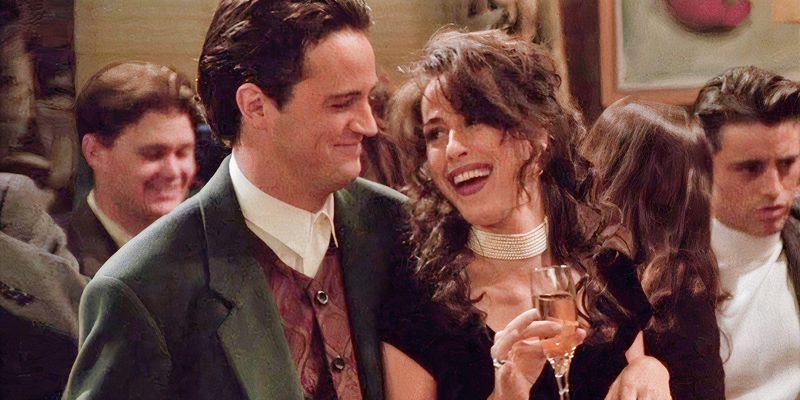
Nasal laugh like a car alarm in a cozy parking garage—she arrived and subtlety left. Janice turned entrances into seismic events, accessorized with leopard print and confidence. Romance with Chandler was chaos, glittered with catchphrases and surprising sincerity.
She was a human exclamation point in a sitcom of commas. The black-and-white of annoyance blurred into affection as seasons marched on. Beneath the caricature were glints of real vulnerability that snuck up on you.
Fans groaned, then grinned, predicting the inevitable “Oh. My. God.” chorus. She made New York feel smaller and jokes feel larger. The cringe was the point, and somehow the point felt cozy. You hated her timing and loved her timing, simultaneously.
10. Gemma Teller Morrow (Sons of Anarchy)

Maternal warmth could flip to steel faster than a revving Harley. Gemma protected family with a ferocity that singed everyone within reach. Her smile promised comfort; her plans promised collateral damage.
The show made motherhood a battlefield where secrets were ammunition. She navigated outlaw politics like a queen on a smoky chessboard. Each choice carved deeper lines into the myth of love as possession.
Viewers judged her and then understood her, often in the same scene. The contradictions made her magnetic, a matriarch cut from leather and regret. She’s the cautionary tale tattooed on the series’ heart. Loyalty, in her world, was both shield and weapon.
11. Michael Scott (The Office)
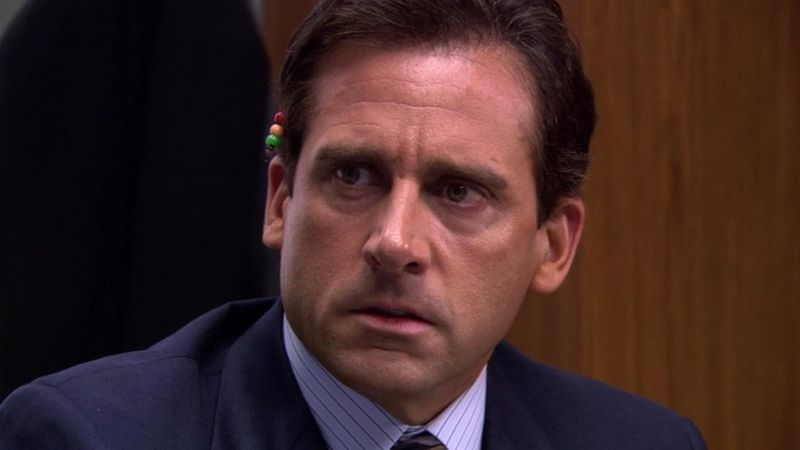
Secondhand embarrassment became a lifestyle brand whenever he opened his mouth. Michael chased approval like it was a promotion with confetti benefits. His misguided stunts were dumb, heartfelt, and somehow bonding.
Behind the cringe hid a need to be loved that felt painfully familiar. The character weaponized awkwardness into communal therapy for cubicle life. He failed upward, sideways, and into our affections.
Episodes oscillated between disaster and redemption, often within a single seminar. The jokes hit harder because the loneliness peeked through the chaos. He’s the boss you flee and the friend you keep. Hate the antics, love the human trying.
12. Dwight Schrute (The Office)

Beets, bears, and bureaucratic zeal made him a warrior of workplace minutiae. Dwight enforced rules like they were sacred scrolls delivered by a fax machine. His seriousness vacuumed oxygen from break-room banter and filled it with superiority.
Yet competence gleamed beneath the absurdity, as if survivalist logic could run a paper company. Pranks ricocheted off his ego, forging a rivalry for the ages. His love stories were oddly tender, armored in awkward sincerity.
Audiences both dreaded and anticipated every intrusion into normalcy. He’s the coworker who brings nunchucks to a birthday party—metaphorically and sometimes literally. Annoyance turned iconic as the years piled up. The beet farmer grew on us like a root vegetable.
13. Sheldon Cooper (The Big Bang Theory)
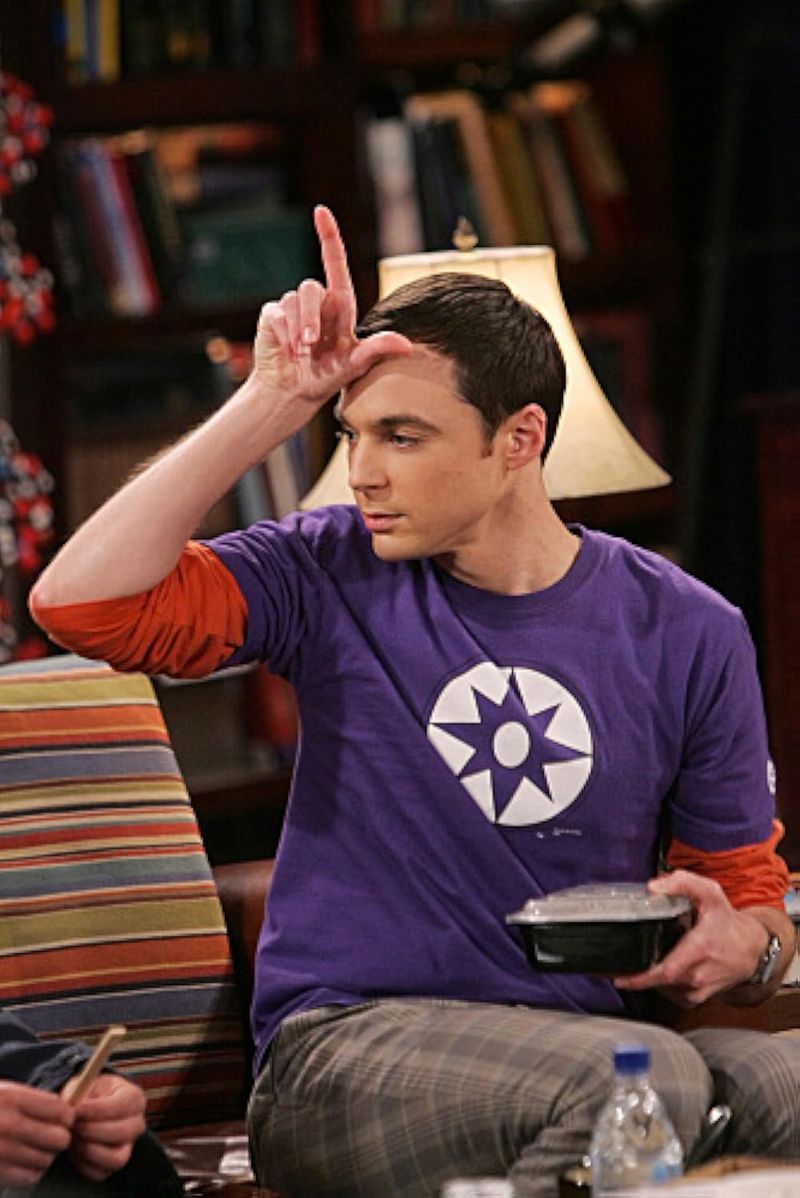
Genius came packaged with a user manual no one received. Sheldon enforced personal protocols like a sovereign nation of one. Social nuance bounced off him like ping-pong balls against a whiteboard.
The comedy lived in the friction between brilliance and basic empathy. Roommates suffered, friends adapted, and the elevator stayed broken by design. He learned slowly, adorably, infuriatingly—progress measured in borrowed seats and shared routines.
Viewers rolled their eyes while protecting him from the world in their hearts. He made pedantry feel like a superpower and a prison. Irritation flipped to affection because the effort was visible. That’s the alchemy of a lovable menace.
14. Ross Geller (Friends)
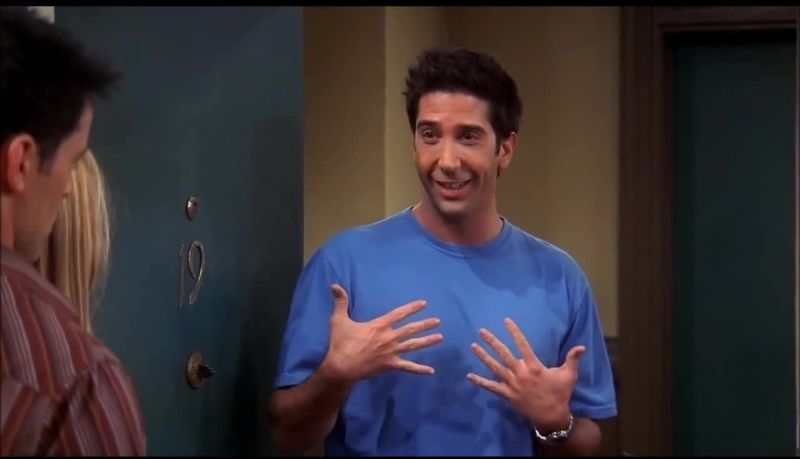
Whining became his dialect, and yet the heart was constantly on his sleeve. Ross carried fossils and feelings with equal fragility, prone to jealous eruptions. The “we were on a break” saga turned romance into procedural drama.
He embodied the lovable mess who reads too much into everything. Academic arrogance and romantic insecurity danced awkwardly at every wedding. Still, his devotion to friends and family rescued him from total eye-roll exile.
Audiences argued, then quoted, then argued again, as the sitcom clock ticked. He’s the reason love stories need timelines and better voicemail. You may hate the sulking, but you recognize the sincerity. Paleontology never had a more emotional spokesperson.
15. Kimmy Gibbler (Full House)
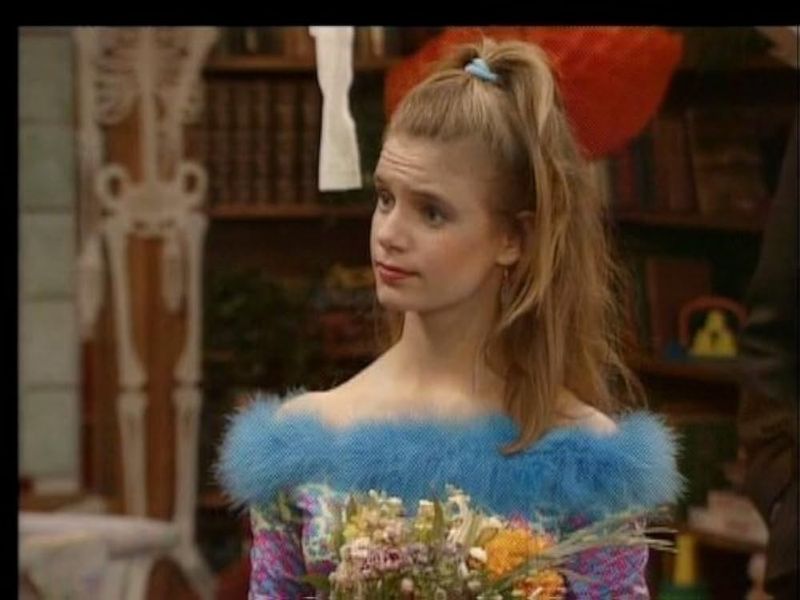
Neighbors usually borrow sugar; she borrowed patience and personal space. Kimmy’s wardrobe screamed joy while her timing whispered chaos. Every entrance felt like a sitcom confetti cannon detonating in the Tanner living room.
Her weirdness was a comfort blanket for kids who never fit in. The laugh was loud, the heart surprisingly louder. She bulldozed boundaries and then helped rebuild them with glitter glue.
Viewers rolled eyes before cracking smiles, a ritual as nostalgic as theme songs. She proved that annoying can be affectionate when wrapped in loyalty. The house felt emptier without her boisterous orbit. You hated the intrusion and loved the reminder to be yourself.
16. Blair Waldorf (Gossip Girl)

Headbands as crowns, schemes as love letters—Blair weaponized wit with couture precision. She devoured weakness with a smile, then cried over it later in secret. Social warfare was her after-school sport, trophies measured in reputations.
The magic was in her contradictions: ruthless strategist, tender romantic, wounded daughter. She demanded excellence from the world and harsher terms from herself. Watching her plot felt like sipping champagne laced with pepper.
Audiences worshiped and dreaded her texts in equal measure. She turned Manhattan into a chessboard where gossip moved like knights. Even redemption wore Prada in her universe. Loving to hate her never went out of style.
17. Chuck Bass (Gossip Girl)

Money, menace, and magnetic gaze—he entered scenes like a velvet thundercloud. Chuck confused love with possession and power with personality. Early sins lingered like cologne, impossible to ignore, intoxicating to some.
His evolution challenged viewers to balance accountability with empathy. The romance with Blair burned through red flags like they were invitations. He chased legacy while running from himself, a billionaire Icarus in silk.
Fans fought over his redemption arc as if it were stock to short. He’s the paradox of bad boy commodity culture. Hate the actions, admire the complexity, argue about both. Television rarely tailors a villain this well.
18. Amanda Woodward (Melrose Place)

She ran the office like a runway, heels clicking out death sentences for mediocrity. Amanda’s smiles came with fine print and expense reports of regret. Romance was leverage, apologies a rounding error on ambition.
She turned soap-opera chaos into a quarterly deliverable, always ahead of the cliffhanger. Villainy looked pristine in tailored suits and clipped lines. One eyebrow raise could launch an entire season’s worth of drama.
Viewers tuned in to hate her and stayed to take notes. She built an empire of audacity on a cul-de-sac of scandal. Every scheme had an exit strategy and a spare. You feared her emails more than explosions.
19. Julie Cooper (The O.C.)
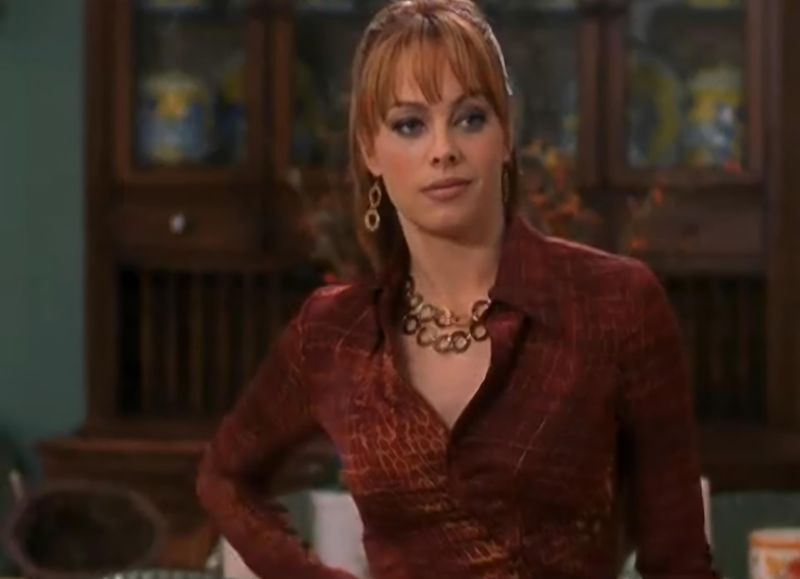
Champagne taste, shark instincts—she mothered with a checkbook and a checklist. Julie surfed Orange County’s social waves with a diamond-studded fin. Marriages, deals, and reinventions stacked like glossy magazines.
She was messy, hilarious, and unbreakable in high heels. Underneath the scheming shimmered a survival story, equal parts grit and glitter. Houses changed, but her hustle paid the mortgage on drama.
Audiences cheered her takedowns while clutching their pearls. She embodied the American upgrade path: ruthless, glamorous, relentless. Hate the vanity, respect the hustle, enjoy the spectacle. Sandy Cohen’s eyebrows never rested when she entered.
20. Alison DiLaurentis (Pretty Little Liars)
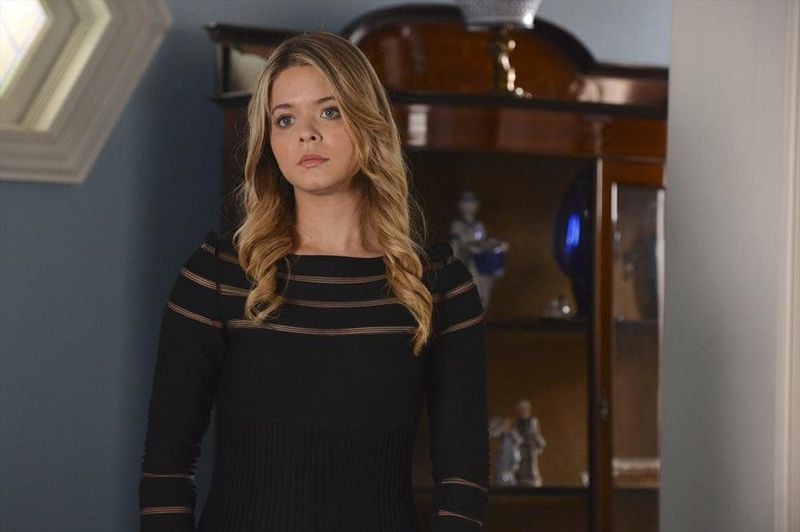
Disappearing was her greatest entrance, turning secrets into currency for years. Alison’s charm had teeth; every compliment was a contract. Friends became chess pieces in a game she invented and refused to explain.
The show orbited her like moths around a mystery flame. Even offscreen, she manipulated the narrative from beyond the yearbook pages. When she returned, truth felt elastic, snapping in surprising directions.
Viewers loved to hate the queen whose absence ruled the room. She proved charisma can be as dangerous as any mask. Sympathy flickered, but suspicion burned brighter. In Rosewood, her shadow did most of the talking.
21. Homelander (The Boys)
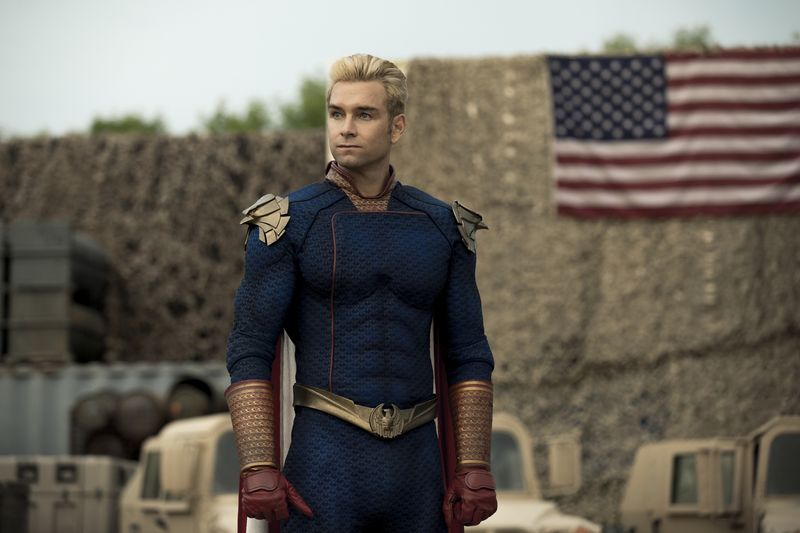
American flags stitched to a nightmare, he weaponized smiles for the cameras. Power without conscience turned heroism into hostage-taking PR. Every rescue looked like a hostage photo for humanity.
The terror is how ordinary his narcissism feels in extraordinary packaging. Corporate mythmaking wrapped his menace in patriotic confetti. He stared into lenses the way predators study reflections.
Audiences watched with clenched jaws, waiting for someone to puncture the facade. He’s the cautionary tale for celebrity power and unchecked force. Hate pours in, and that’s the point—accountability needs outrage. Nothing is safe when the brand is invincible.
22. Joe Goldberg (You)
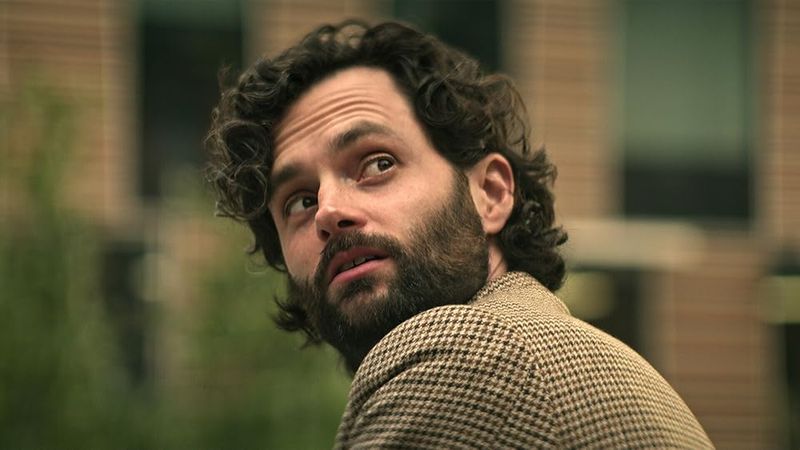
Bookstore charm wrapped around a barbed-wire interior, he narrates like a confessional podcaster. Joe confuses obsession with love and rationale with redemption. The hat, the glass box, the rationalizations—each a step down the staircase.
He invites complicity by speaking directly to our worst justifications. The show dares us to measure the distance between empathy and endorsement. Romance becomes a thriller when privacy is the first casualty.
Viewers recoil while leaning closer, a paradox he exploits expertly. He’s the internet-age Mr. Hyde with better playlists. Hate the harm, interrogate the allure, keep the curtains closed. You root against him by recognizing pieces of him.
23. Rhaenyra Targaryen (House of the Dragon)
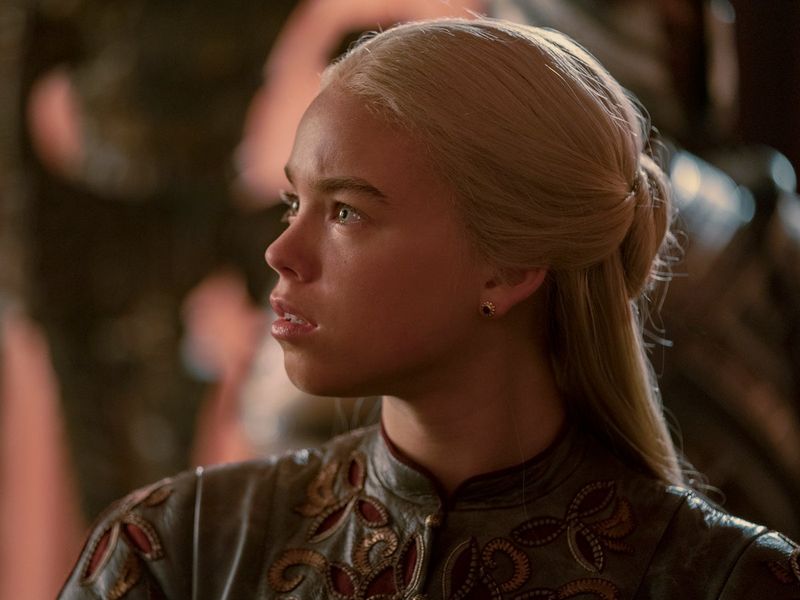
Dragons are loud; her defiance was louder. Rhaenyra shouldered a crown that kept slipping on purpose and politics. Duty, desire, and dynasty wrestled inside every decisive glance.
The series paints her as hero, rebel, and potential tyrant in equal measure. Alliances fray, bloodlines knot, and history writes in fire. She navigates patriarchy with a dragon’s patience, then fury.
Fans debate her motives like maesters grading impossible essays. She’s polarizing because ambition here is both sin and necessity. You hate choices that scorch, love ones that liberate. The throne doesn’t fit—she’s remaking the chair.
24. Shiv Roy (Succession)
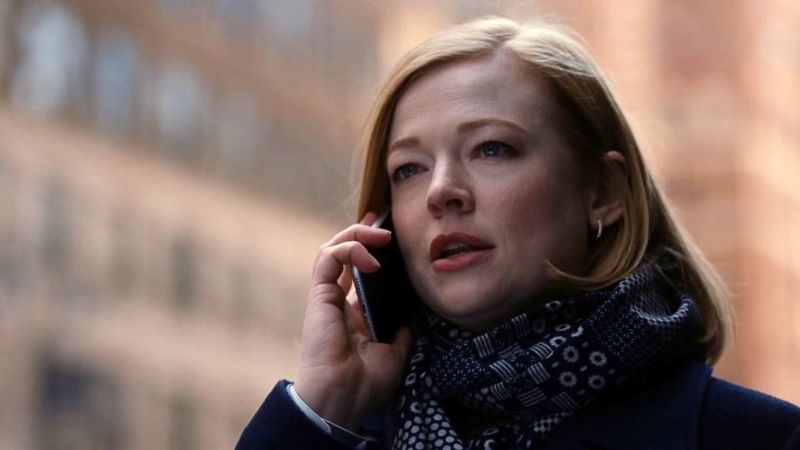
Sharp mind, sharper quip—she walked into rooms like a closing argument. Shiv wrapped vulnerability in designer cynicism, mistaking proximity to power for safety. Relationships served as negotiations with better lighting.
Watching her spin out felt like a masterclass in self-sabotage. Ambition flickered against the dimmer switch of family expectations. She sold ideals wholesale and bought them back at a loss.
Audiences oscillated between rooting for her and bracing for impact. Cold calculus met real feeling at impossible intersections. You hate the chill but admire the intellect. In Waystar’s winter, she’s permafrost.
25. Villanelle (Killing Eve)
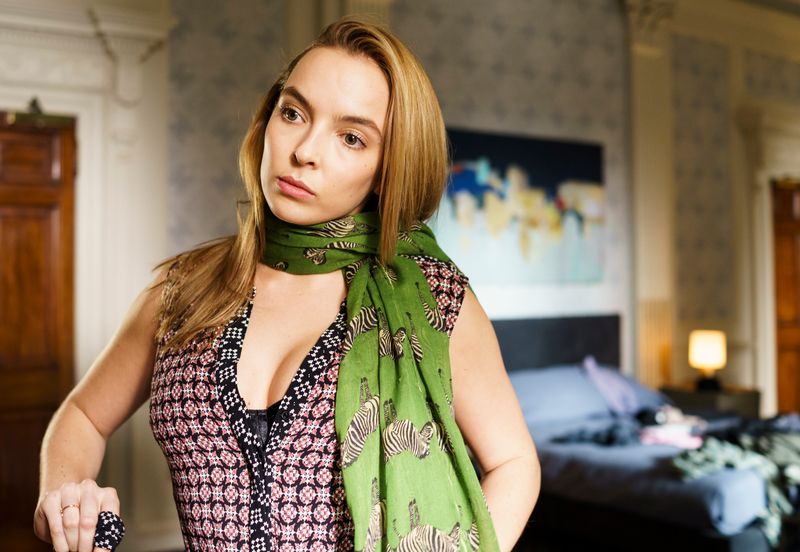
Assassination but make it couture—she turned murder into performance art. Villanelle treated morality like a costume rack, changing looks at whim. Her mischief sparkled even as the body count climbed.
The chemistry with Eve rewired the show into a dangerous duet. Humor, horror, and heartache braided together in her wicked grin. She seduced audiences with childlike curiosity and adult menace.
We loved to hate because we loved to watch her dance near the flame. She’s chaos wrapped in silk, a fairytale wolf in Chanel. Accountability always lagged behind her playful sprint. When she smiled, you checked for exits.

Comments
Loading…